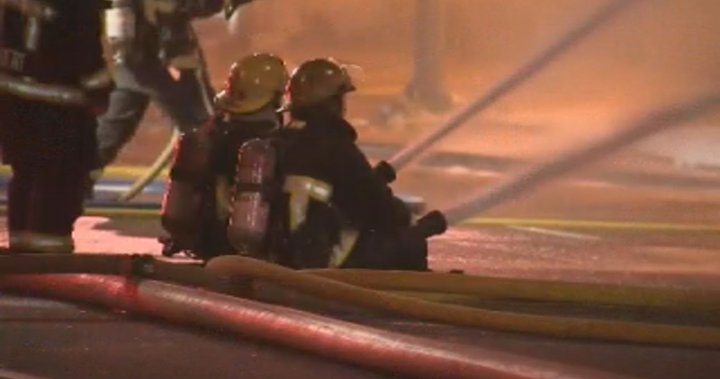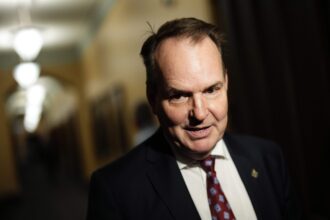The silent struggles behind the sirens are finally receiving national attention as Canada launches a groundbreaking campaign addressing the mental health crisis among first responders. Behind every emergency call, behind every rescue, there are individuals shouldering psychological burdens that often remain invisible to the public they serve.
“We’re trained to run toward danger when everyone else is running away,” says Mark Davidson, a 15-year veteran firefighter from Edmonton. “But no amount of training prepares you for the cumulative toll it takes on your mind.” Davidson’s candid admission sits at the heart of the new nationwide initiative unveiled this week by the Canadian Mental Health Association in partnership with Public Safety Canada.
The statistics paint a sobering picture of this hidden crisis. According to research published last year by the Canadian Institute for Public Safety Research and Treatment, first responders experience post-traumatic stress injuries at rates nearly four times higher than the general population. Paramedics, police officers, firefighters, and emergency dispatchers report significantly elevated rates of anxiety, depression, and suicidal ideation—with one in three reporting symptoms consistent with at least one mental health disorder.
This unprecedented campaign aims to shatter the pervasive “culture of toughness” that has historically prevented many first responders from seeking help. Through powerful testimonials, educational resources, and dedicated support networks, the initiative challenges the deeply entrenched stigma surrounding mental health discussions within emergency services.
Dr. Samantha Levin, lead psychologist with the First Responders Mental Health Collaborative, emphasizes the critical timing of this initiative. “We’re seeing concerning trends across provinces, but particularly in rural communities where resources are stretched thin and access to specialized care is limited,” she told CO24 News. “This campaign creates pathways to support that simply didn’t exist before.”
The federal government has committed $45 million over three years to expand the campaign’s reach and develop specialized treatment programs tailored to the unique needs of emergency personnel. This funding represents the largest federal investment in first responder mental health to date.
Provincial responses have varied significantly. British Columbia and Ontario have implemented presumptive legislation that recognizes certain mental health conditions as work-related for first responders, streamlining access to compensation and treatment. However, advocates note that several provinces still lag behind in adopting similar protections, creating geographical disparities in support.
“These inconsistencies across jurisdictions mean your postal code can determine whether your psychological injury receives recognition,” explains Michael Torres, president of the Canadian Association of Fire Chiefs, in a recent policy briefing. “We need a standardized national framework that ensures equal protection for all first responders regardless of where they serve.”
The campaign’s multimedia approach includes powerful documentary-style content featuring real first responders sharing their journeys through trauma and recovery. These authentic narratives aim to normalize help-seeking behaviors and demonstrate that psychological struggles are not signs of weakness but natural responses to extraordinary circumstances.
Peer support networks form another crucial component of the initiative. Research consistently shows that first responders are more likely to open up to colleagues who understand their unique experiences. The campaign funds training for peer support specialists within departments across the country, creating sustainable internal resources.
“When my partner told me it was okay to not be okay after a particularly difficult call, it changed everything,” reflects Sarah Meyers, a paramedic from Halifax with 12 years of service. “That permission from someone who understood the job meant I could finally acknowledge what I was feeling.”
As Canadian cities implement these programs, early data suggests promising outcomes. Departments piloting comprehensive mental health services report decreased absenteeism, improved retention rates, and enhanced operational effectiveness—demonstrating that supporting psychological wellbeing benefits not only individual first responders but the entire public safety system.
The initiative extends beyond active personnel to include retired first responders, who often face intensified mental health challenges during the transition to civilian life when institutional supports diminish. Specialized programs for family members also acknowledge the secondary trauma experienced by those closest to emergency workers.
As










